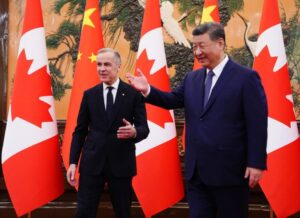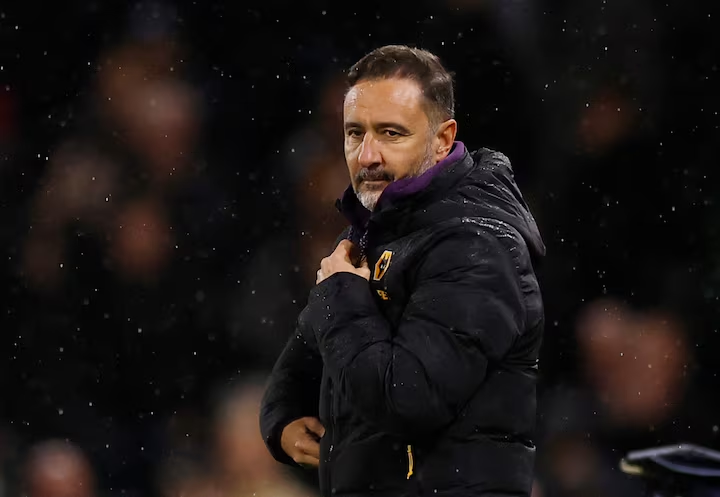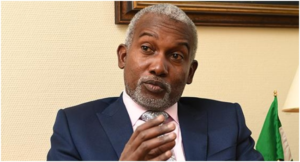
Repurposing the former Scarborough RT into an elevated park and giving the city more tools to crack down on illegal pot shops are among the litany of items that will be before Toronto City Council at its meeting on March 20.
The Scarborough RT came to an unceremonious end when it derailed last summer and was subsequently decommissioned ahead of schedule. Now Coun. Jamaal Myers, who is also the TTC chair, is hoping to repurpose the railway into something positive for neighbourhood residents. He’s brought forth a motion that would see the raised portion of the 6.4-kilometre route turned into a new linear park and mobility space, similar to what New York has done with the High Line and the Beltline in Atlanta.
“Scarborough residents have the longest Toronto Transit Commission commutes, the least amount of biking infrastructure and the highest rates of pedestrian deaths in the City,” reads the motion going before council. “This linear park will help residents to safely and conveniently gain expanded year-round access to jobs, affordable housing options, culture and entertainment, shopping, green space and other neighbourhoods along the existing corridor.”
Myers would also like the city to explore the possibilities of commercial and housing opportunities along the former RT route.
Cannabis sales have been legal in Canada since 2017 and while you can now find a dispensary within minutes of your home or work, not all of them are legal. Coun. Paul Ainslie says he’s concerned about the proliferation of unlicensed cannabis establishments and he wants city council to ask the province for a comprehensive review of the Cannabis Control Act. Ainslie believes illegal pot shops are reopening because the penalties aren’t severe enough and he wants council to explore options to strengthen enforcement measures, increase penalties for non-compliance and improve collaboration between the city and provincial authorities.
“It is evident that the current measures are not sufficient to deter these establishments from breaking the law and reopening despite enforcement efforts,” reads Ainslie’s motion. “Without a streamlined regulatory process and clear enforcement mechanisms, municipalities struggle to effectively address the ongoing operation of unlicensed cannabis establishments.”
Coun. Lily Cheng is bringing forth a motion that could see the return of Canada Day fireworks in Willowdale. Cheng says after COVID, the city stopped the fireworks at Mel Lastman Square and focused its investment on the waterfront. Her motion calls for a review of all City-funded Canada Day events across the city.
“We would also like to understand the feasibility of restoring Canada Day celebrations to Mel Lastman Square to serve the present and future hundreds of thousands of people who will be moving to the North York area,” says Cheng. “As our city grows, we need to have a plan to foster stronger connectivity outside of the downtown core that already has a lot of events and programming.”
Council is also going to get an update on the rising cost of playing host to the 2026 World Cup. Last month the Executive Committee was told the cost to play host to six games of the tournament has increased to $380 million from the original $ 300 million estimate. The Ontario government has conditionally committed to contributing up to $97 million towards Toronto’s hosting duties while the federal government has yet to confirm any specific financial commitments.
After Mayor Olivia Chow promised to be more transparent about the escalating cost to host the games, council will be asked to approve a motion that would see negotiations on any remaining contracts exceeding $500,000 to be brought before council and the mayor for approval. The City Manager will also be asked to present a comprehensive revenue plan this fall describing ways to maximize financial opportunities for the city when it comes to hosting the World Cup.








